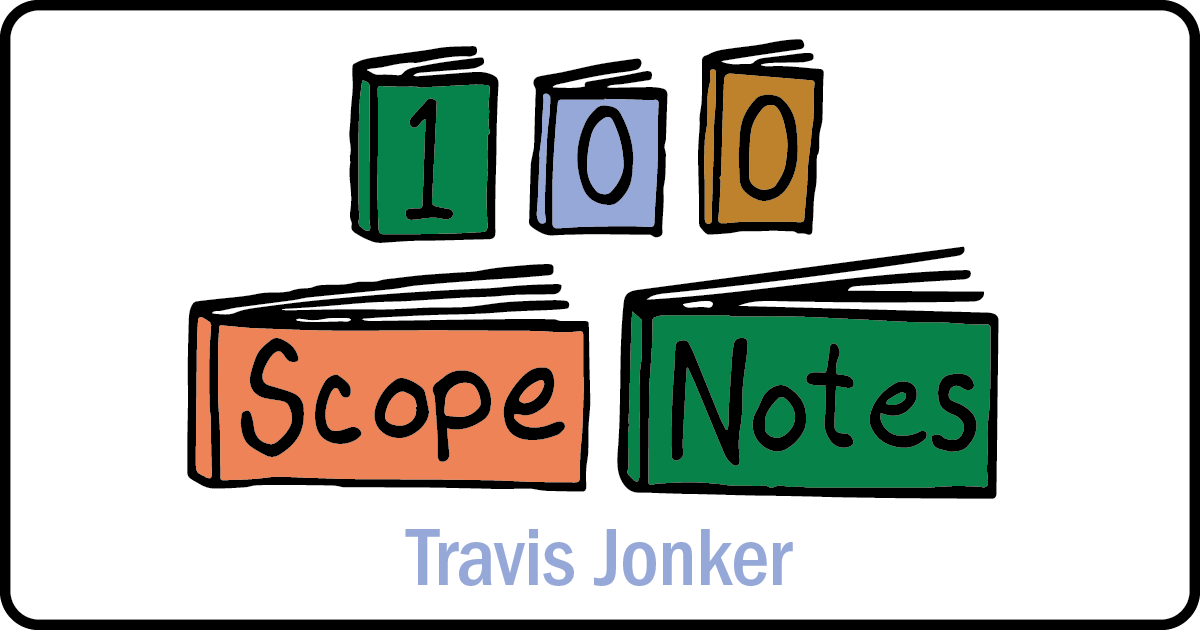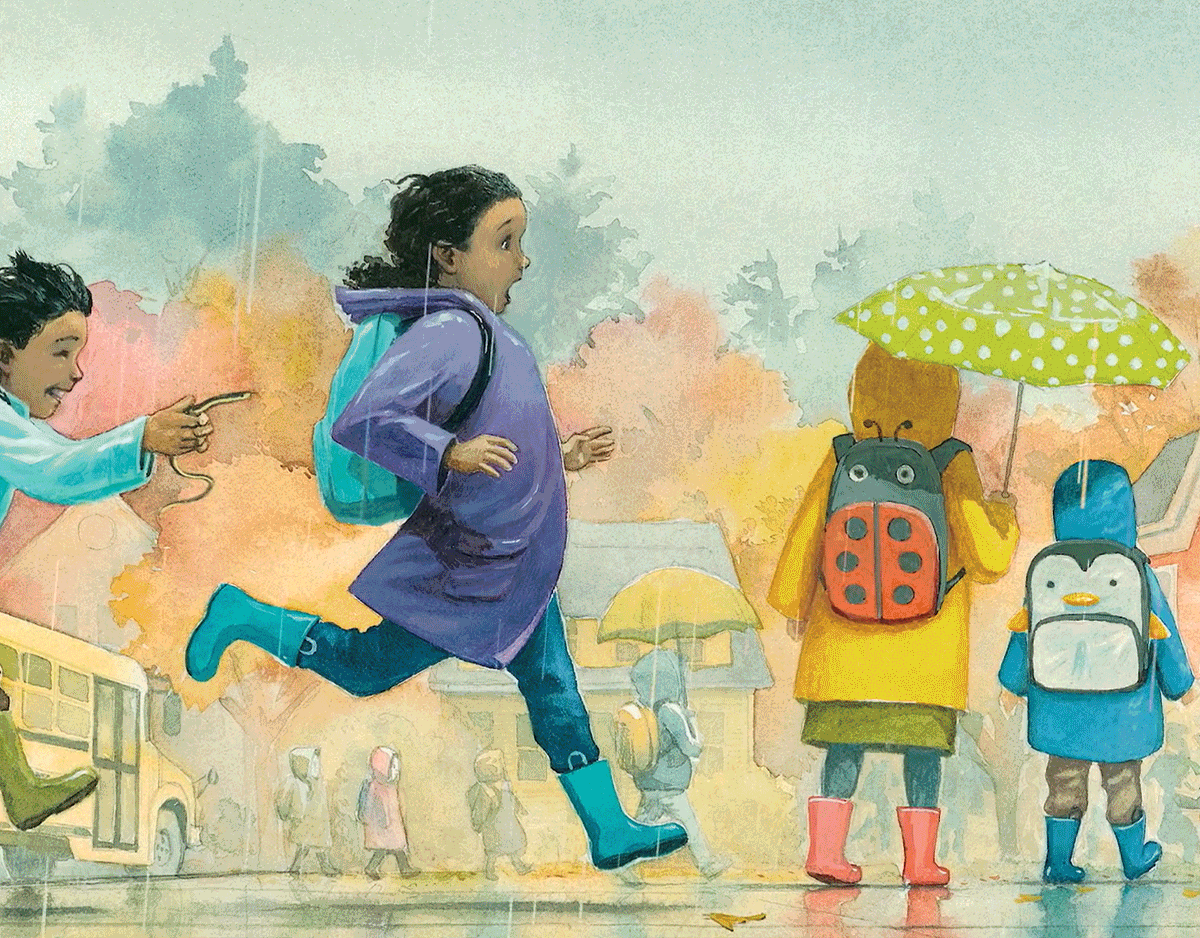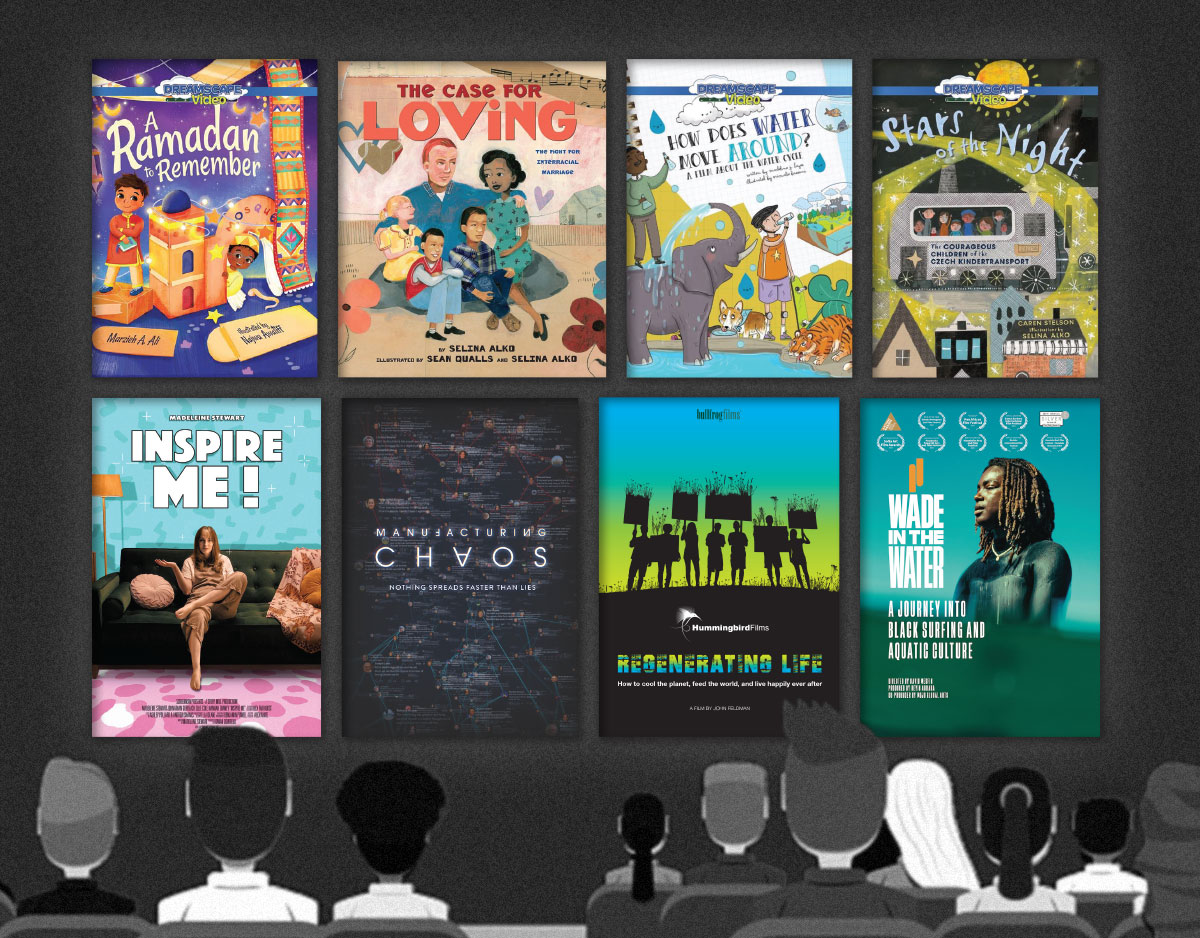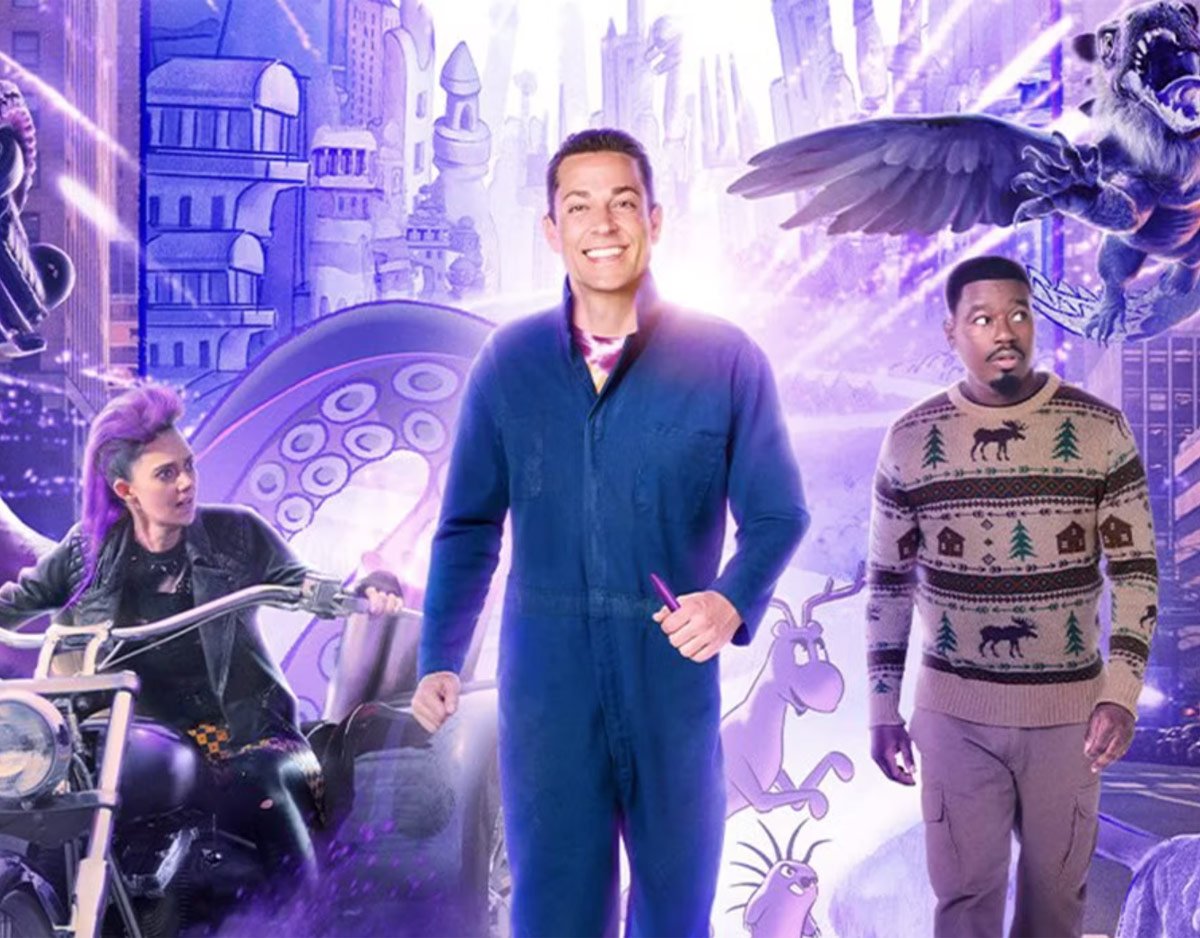Morning Notes: Stickers Edition


ADVERTISEMENT
ADVERTISEMENT
STUDIO YUYI
Want to see inside Yuyi Morales’ treehouse studio? Click here.
TALKING ABOUT SEUSS
The most must-read item of the week is one I think a lot of people would like to ignore: a report of the racism contained in the work of Dr Seuss. We all know about it in If I Ran the Zoo, but this report has me seeing many of his other books with freshly critical eyes. Click here to read.
TOMIE, MAURICE, ARNOLD
The New York Times Magazine has a great piece on The Gay History of America’s Classic Children’s Books. Click here to read it.


The Crossover (Graphic Novel) by Kwame Alexander, illustrated by Dawud Anyabwile. Out September 24, 2019.
Some things are just a good idea. Like this graphic novel adaptation of Kwame Alexander’s Newbery Medal winner.
And if picture books are more your speed, Mile High Reading has two batches of fresh 2019 picture books on the horizon (Part 15 and Part 16).

Design of the Picture book has a great interview with Jon Klassen about the shape trilogy he created with Mac Barnett. Picture book aficionados will approve. Click here (or the image below) to read.

Thrilled that MERCI SUÁREZ CHANGES GEARS by @Meg_Medina is back on the NYT Bestseller list at #2! 🥰 — THAT news deserves some STICKERS! 🥳 pic.twitter.com/sN0mtn704F
— Andrea Brown Lit (@AndreaBrownLit) March 6, 2019
Filed under: Morning Notes, News
About Travis Jonker
Travis Jonker is an elementary school librarian in Michigan. He writes reviews (and the occasional article or two) for School Library Journal and is a member of the 2014 Caldecott committee. You can email Travis at scopenotes@gmail.com, or follow him on Twitter: @100scopenotes.
ADVERTISEMENT
ADVERTISEMENT
SLJ Blog Network
Review of the Day: Freya and the Snake by Fredrik Sonck, ill. Jenny Lucander
Love in the Palm of His Hand, vol. 1 | Review
When Book Bans are a Form of Discrimination, What is the Path to Justice?
DIY Teen Makerspace: Neon Sign Painting
ADVERTISEMENT










Travis, I’m not sure what you mean by stating that “a lot of people would like to ignore” racism in Dr. Seuss. Some of us would appreciate an assessment of his work which shows deep knowledge of the historical period and of the highly principled positions which he took on many social issues. The study uses a misleading method, adding up racist references in his work,and giving equal weight to his Dartmouth humor magazine cartoons and his later definitive books. We should definitely not ignore racism in his work, but it seems that he is going to be the next figure to be toppled by criteria which, if applied to everyone, will leave no children’s authors to respect at all before this century.
How many readers are aware that Dr. Seuss (Theodore Geisel), was one of the most vocal opponents of American isolationism, xenophobia, and anti-Semitism, prior to World War II? During the war, he attacked racism, and showed how detrimental it was to the struggle against fascism.
https://library.ucsd.edu/speccoll/dswenttowar/#intro
https://imaginaryelevators.blog/2018/03/29/460/
Again, Dr. Seuss is not immune to criticism. His position on the internment of Japanese Americans was terrible. But I would like to make a plea for readers, especially those claiming to be protecting children, to champion intellectual freedom and to inform ourselves fully before self-righteously joining attacks on artists and writers.